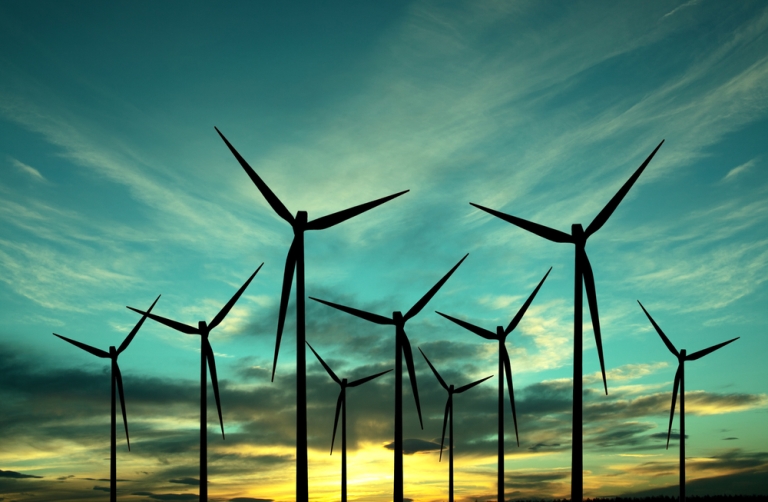The Federal Government of Nigeria has estimated that Sub-Saharan Africa would need about $60 billion in order to have electricity, energy supply and clean processing of food between now and 2030.
Minister of State for Petroleum Resources, Timipre Sylva disclosed this at the annual Symposium and Exhibition of the Petroleum Engineers (LPE) in Lagos.
He noted that an annual investment of around $35 billion could bring electricity access to 759 million Africans who currently lack it.
He added that another $25 billion a year could help 2.6 billion people globally to access clean cooking by 2030.
“Annual investments of around $35 billion could bring electricity access for 759 million people who currently lack it, and $25 billion a year can help 2.6 billion people gain access to clean cooking between now and 2030,” he said.
The need for developing African petroleum value chains has been at the forefront of African development. Investors King had earlier reported that oil will play a significant role in the African energy mix and will take the highest share over all forms in the future mix.
However, Sylva noted that with the demand of over 600 million without access to electricity, Africa must do this in a modern way.
”We must not solve one problem while creating another. Africa needs to also take care of the environment.
“We must have a clear mandate and one voice on how we are going to meet our emissions targets. China has said that by 2060, it will achieve carbon neutrality. Europe has set its target for 2025. Africa needs to do this, as well.”
Sylva also emphasized that the required expenditure is a minor part of the larger multi-trillion-dollar global energy investment required.
Despite providing below 6% of global energy use and 2% of total global emissions, Sylva believes that the continent must transition to sustainable energy use.
Africa, Sylva believes, has the potential to take a prominent role in this regard because of its vast undiscovered fossil energy deposits, which may offer more even foreign direct investment and export money.
However, the minister emphasized that Nigeria possesses the most extensive natural resources in Africa, with around 208.62 trillion cubic feet (TCF) of known gas valued at over $803.9 trillion and a potential upside of 600TCF of gas.
Sylva described the Petroleum Industry Act (PIA) as a game-changer that will assist Africa in eradicating energy crises.
“The PIA has generous incentives to enable development, distribution, penetration, and utilization of gas even as it incentivizes entry into the midstream, especially for pipelines with an additional five-year tax holiday for investment in gas pipelines.
“The PIA is a supply-side enabler, capable of provoking and triggering commercial interests and investments in gas utilization as well as treating gas as a stand-alone commodity.
“As a nation, we are following a transition pathway that combines technology, investment, business strategies, and government policy that will enable Nigeria to transition from its current energy system to a low-carbon energy system with natural gas playing a pivotal role over the next generation, roughly between now and 2060,” he added.
The minister insisted that there must be multiple pathways to the energy transition in order to ensure that no country is left behind in the process of achieving net zero by 2060.
“As a continent, we need to be intentional and recognize the need to develop hydrocarbon resources in environmentally and socially responsible ways.
“And as alluded to by the African Union, we need to be realistic in choosing the energy transition pathways which address our unique requirements and circumstances,” Sylva said.

 Forex2 weeks ago
Forex2 weeks ago


 Naira2 weeks ago
Naira2 weeks ago
 Naira4 weeks ago
Naira4 weeks ago
 Billionaire Watch1 week ago
Billionaire Watch1 week ago
 Company News4 weeks ago
Company News4 weeks ago




 Naira2 weeks ago
Naira2 weeks ago




 Naira1 week ago
Naira1 week ago




 Naira4 weeks ago
Naira4 weeks ago






















